Miss Julie (1951)
“I’m a servant today, but in two years I’ll be my own man.”
|
Synopsis: |
|
Genres, Themes, Actors, and Directors:
Review: … and makes liberal use of flashbacks, as when Palme tells his tale of having an embarrassing crush on Björk when he was young (played by Jan Hagerman): … and Björk divulges the abuse she suffered at the hands of her mentally ill mother: Balancing this pair out is level-headed Dorff: … who serves as a continuous voice of reason while Palme and Björk engage in an epic battle-of-the-classes-and-sexes. How things evolve may come as a surprise to those not familiar with the play, and viewers should be prepared for some pretty intense sequences. (What else would one expect from Scandinavian cinema?) Watch for Max von Sydow in an early supporting role as a farmhand: Notable Performances, Qualities, and Moments: Must See? Links: |
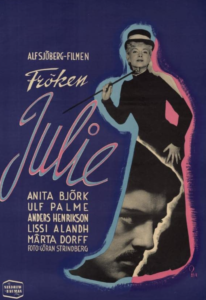
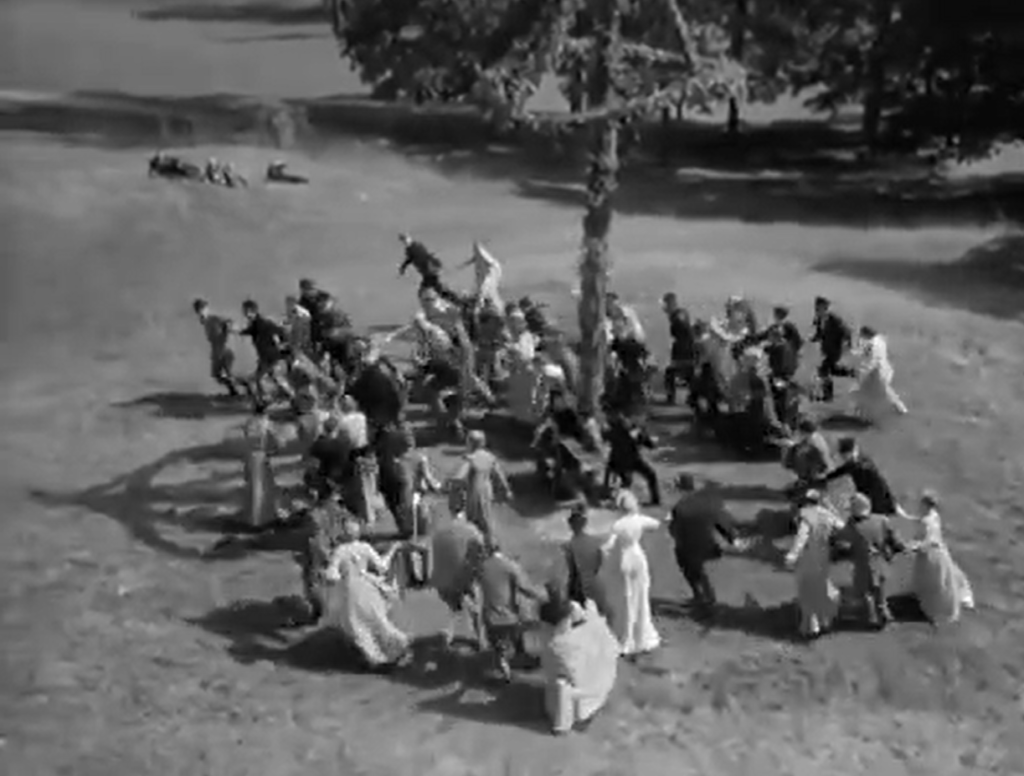
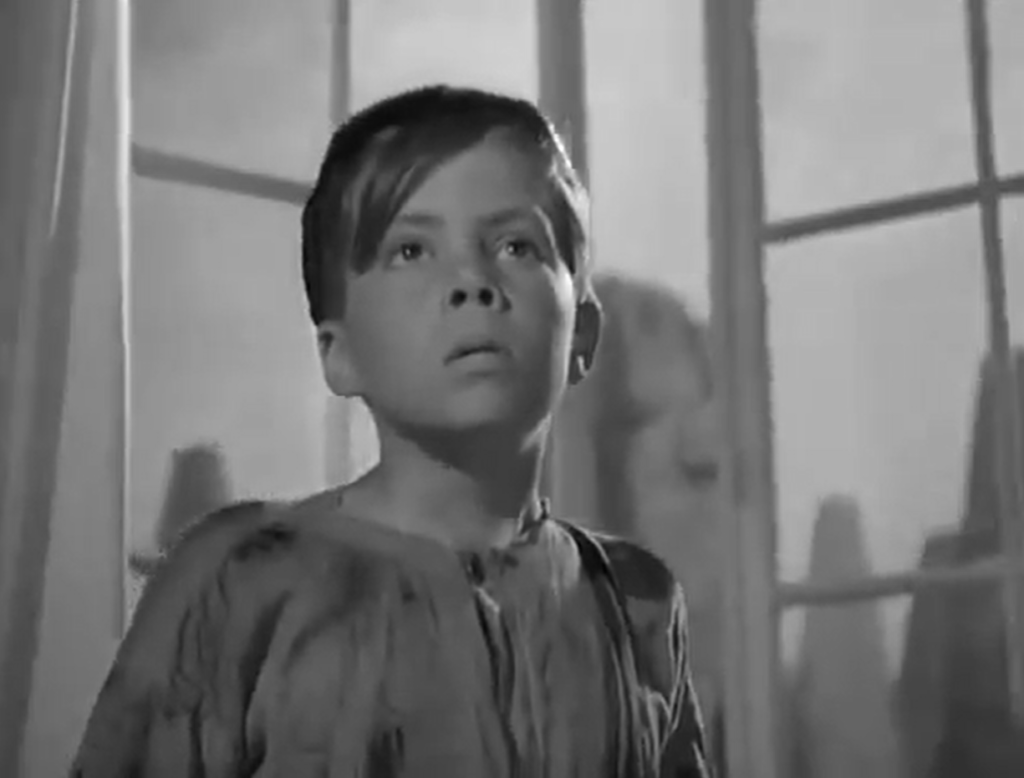

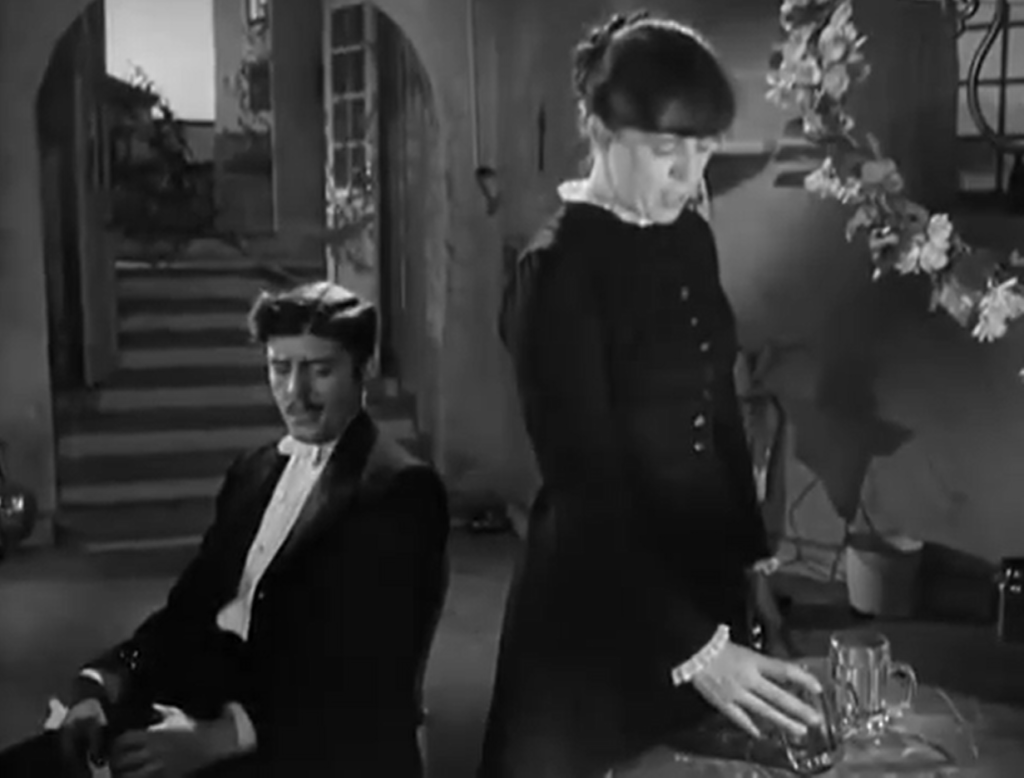
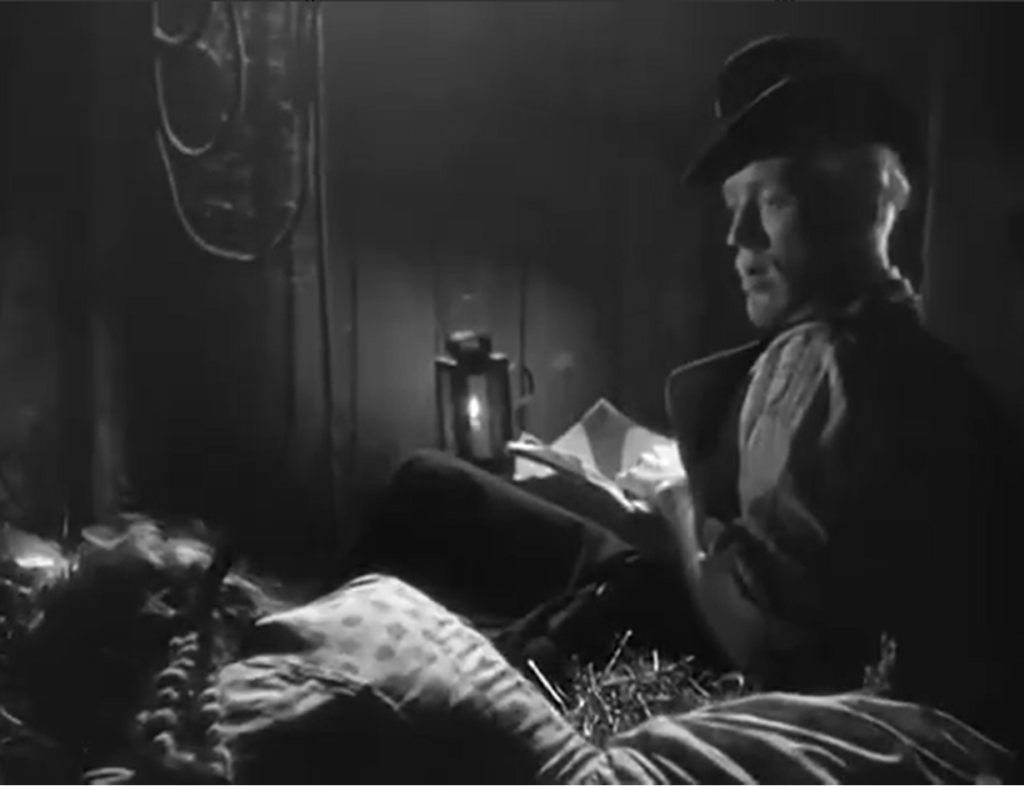
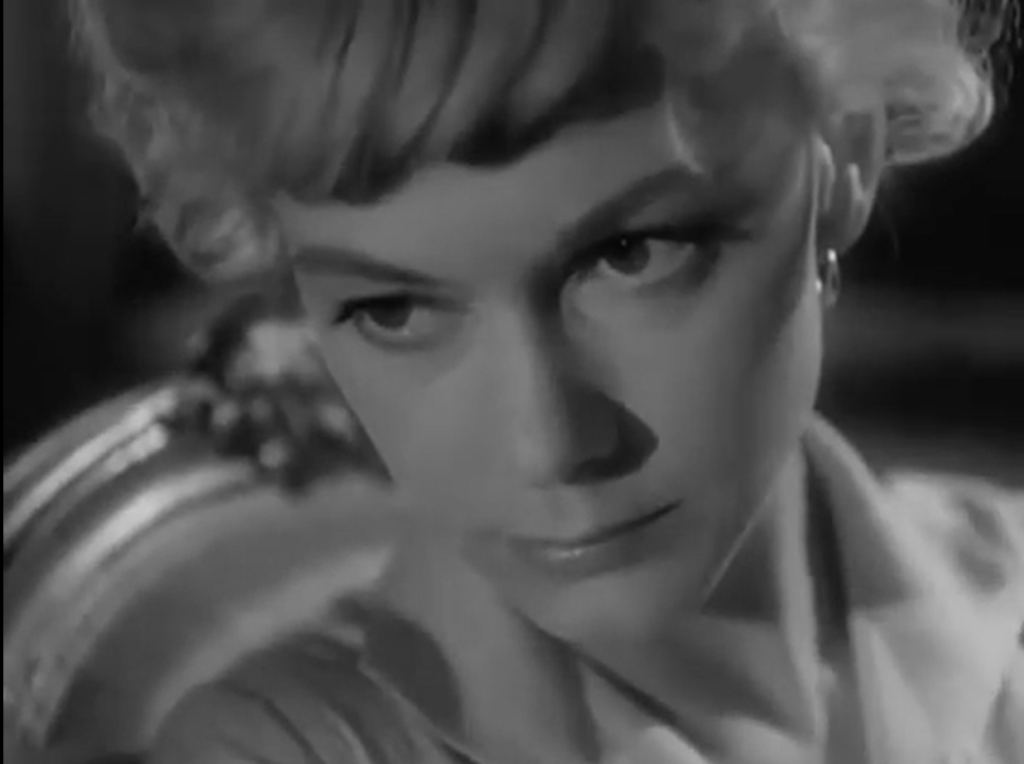
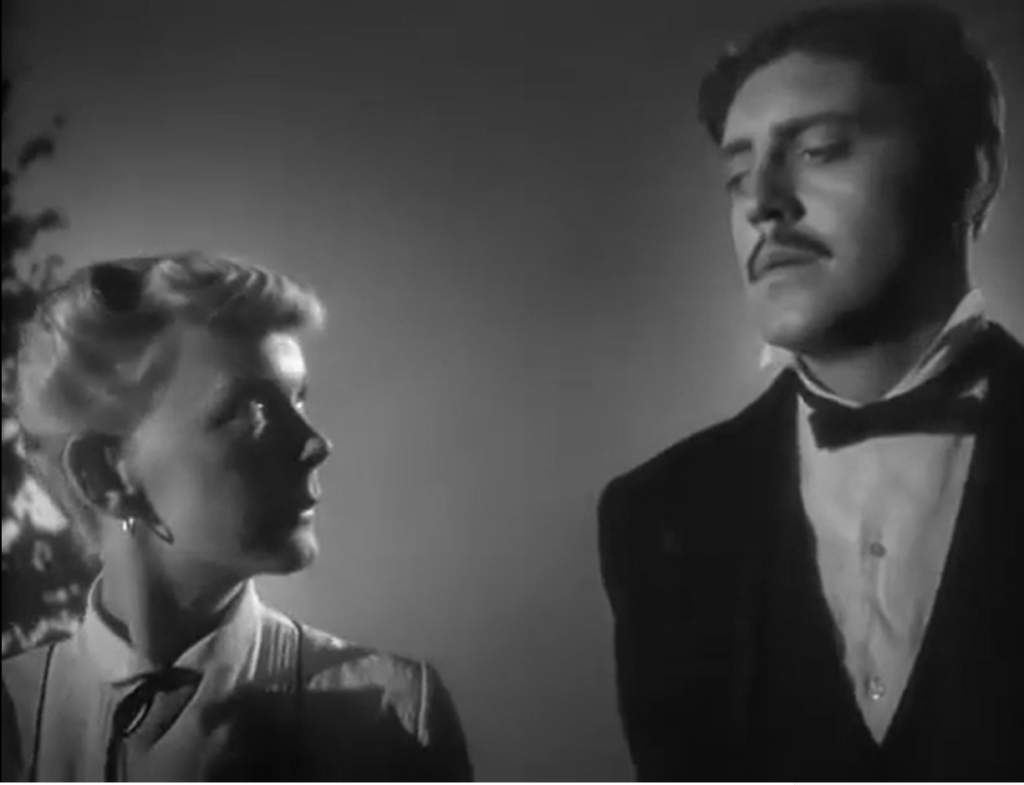
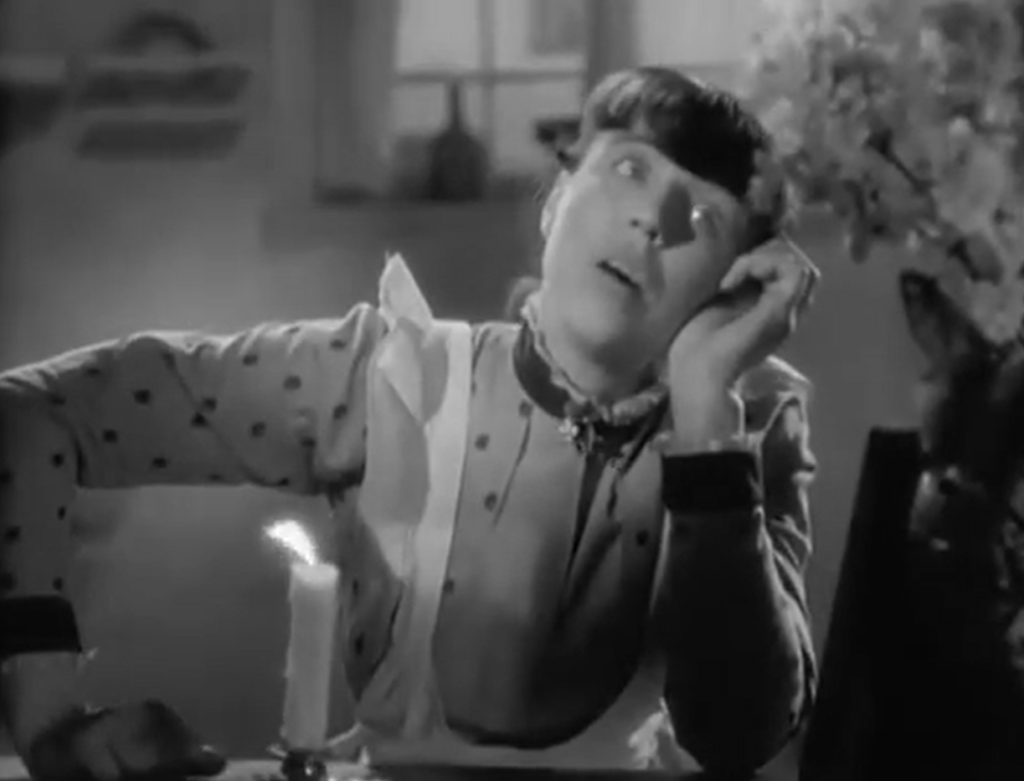
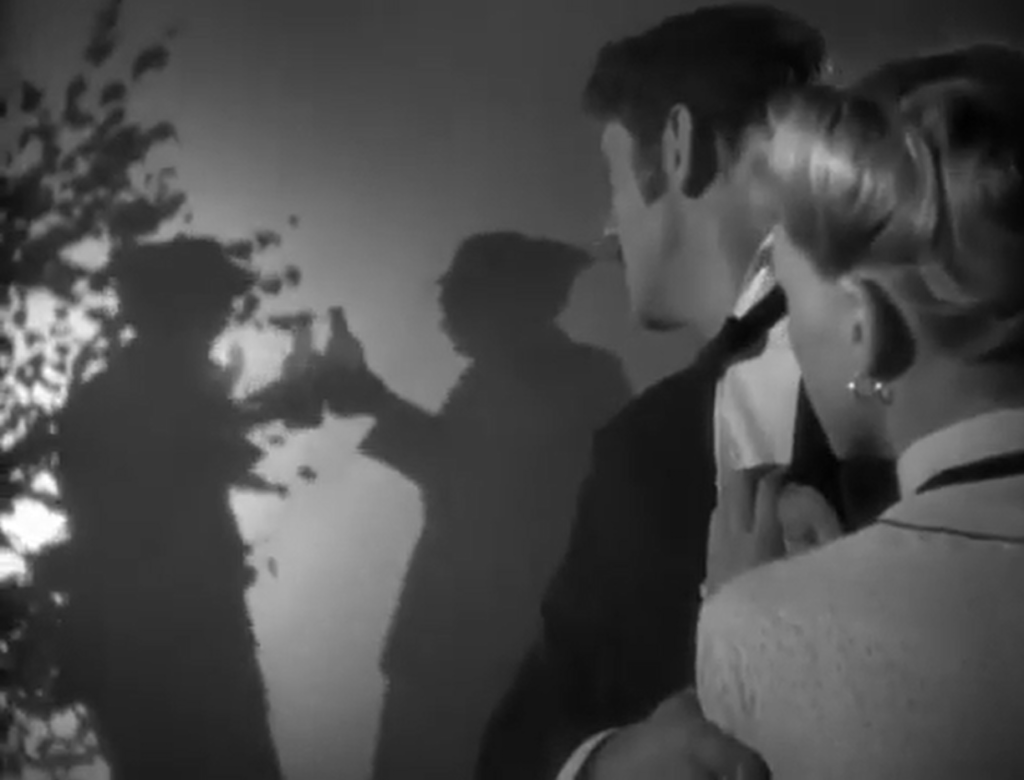
One thought on “Miss Julie (1951)”
First viewing (2/3/21). Not must-see.
One can check Wikipedia and find a rather long history of Strindberg’s play being periodically revived throughout the world, staged in ‘new versions’, made into operas and also filmed. This version, however – and, to me, anyway – comes off ultimately as little more than a melodramatic mess.
I recall reading the play in college – and was here surprised to see it expanded from a 3-character play to a film considerably opened up and including a rather large cast. It could be that it’s just been too long since I’ve read the play but, in this film version, the number of emotional shifts (on the part of the 3 main characters) is simply staggering and beyond belief.
Of course, the sexual class struggle at the root of the story is powerful – but the way it plays out in this film isn’t really believable for a minute.
The film won the Grand Prize at Cannes. That astonishes me.